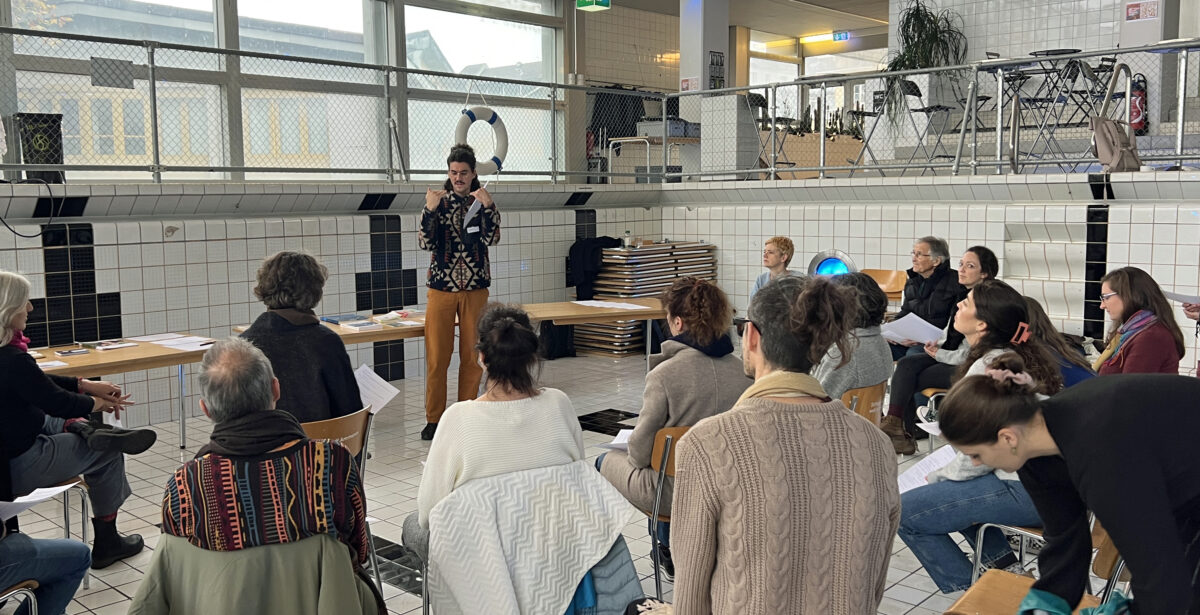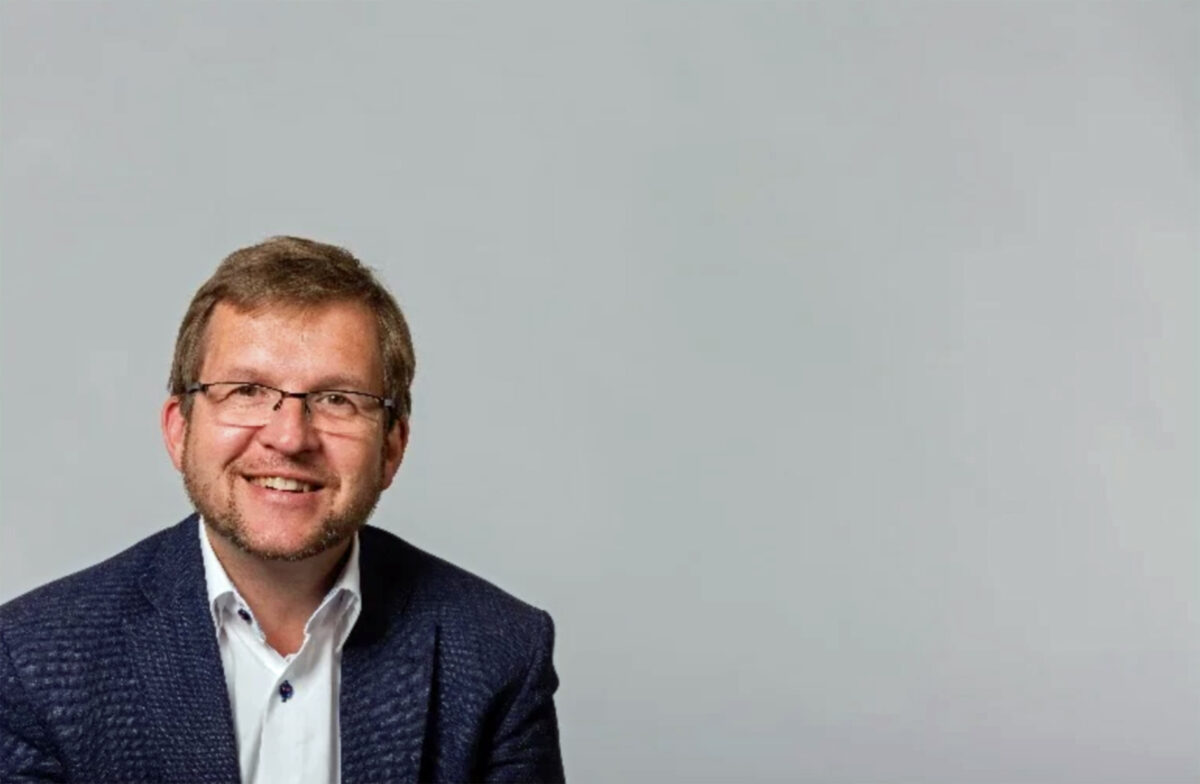Der diesjährige Tag begann buchstäblich mit Paukenschlägen: Das Mallets-Ensemble Oberer Sempachersee der Musikschule Oberer Sempachersee begeisterte zur Eröffnung mit Energie und Virtuosität, bevor der Zürcher Sport- und Musikermediziner Christoph Reich aufzeigte, wie sich Konzepte des Selbstmanagements vom Sporttraining auf das Musizieren übertragen lassen. Eine Überlastungsproblematik sei, so Reich, zuallererst die Folge einer zu schnellen oder zu punktuellen Belastungssteigerung. Mechanische und statische Faktoren beeinflussten die Toleranzreserve. Sie müssten eruiert und angepasst werden.
Cinzia Cruder (Conservatorio della Svizzera Italiana und University of Applied Sciences and Arts of Southern Switzerland) und Dawn Rose (Hochschule Luzern – Musik) präsentierten aktuelle Forschungen aus den Schweizer Musikhochschulen. Letztere schliessen sich erfreulicherweise zusammen, um in einer Langzeitstudie Risiken der spielbedingten Muskel-Skelett-Erkrankungen (Playing-Related Musculoskeletal Disorders, PRMD) zu evaluieren. Cinzia Cruder präsentierte Resultate ihrer paneuropäischen «Rismus»-Studie («Risk Of Music Students»).
Sie weist nach, dass bloss ein Drittel aller Musikstudierenden nicht unter PRMD leiden. Dawn Rose mahnte an, dass die Studierenden und die Musikhochschulen eine gemeinsame Verantwortung für ihr Wohlergehen haben und traditionelle Vorstellungen von Erfolg hinterfragt werden müssen. Etwa wenn es um die nach wie vor herumgeisternde Überzeugung geht, Fortschritte müssten mit Schmerzen erkauft werden oder die Suche nach Hilfe sei bereits ein Zeichen des eigenen Versagens.
Wenn es darum geht, das Gesundheitsmanagement in der Musikpädagogik zu sichern, muss neueren Entwicklungen Rechnung getragen werden. Neben den traditionellen Musikschulen beleben immer mehr private Musikschulen und sogar globale Onlineangebote den Markt. Damit bestimmen die Lernenden – vor allem diejenigen mit sehr knappen finanziellen Ressourcen – immer mehr, welche Formen des Unterrichts sie autonom kombinieren wollen. Die Perspektive der privaten Anbieter brachte Gerhard Wolters, der Gründer einer eigenen Akademie ein. Man konnte aus seinen Ausführungen schliessen, dass er die ungehinderte intrinsische Motivation von Lernenden als vermutlich wichtigste Präventionsmassnahme betrachtet.
Der deutsche Psychiater und Musikermediziner Peer Abilgaard wies zum Schluss darauf hin, dass der weitaus grösste Anteil am Gelingen des Musikunterrichts die gelingende, vertrauensvolle Beziehung ist und dass die exzellentesten Musiker, vor allem diejenigen, die in ihren Ausbildungen nie mit Krisen oder verstörenden technischen Herausforderungen zu kämpfen hatten, nicht unbedingt auch die besten Pädagogen sind. Geraten Studierende in Krisen, sei es entscheidend, ihr Leid zu würdigen und dem Reflex zu widerstehen, dieses herunterzuspielen.
Gesundheitsmanagement als Erfolgsfaktor
Der Nationale Gesundheitstag Musik der Swissmedmusica hat am 9. November 2024 im Neubad Luzern die Brücke zwischen Musikpädagogik, Sport- und Musikermedizin geschlagen.




